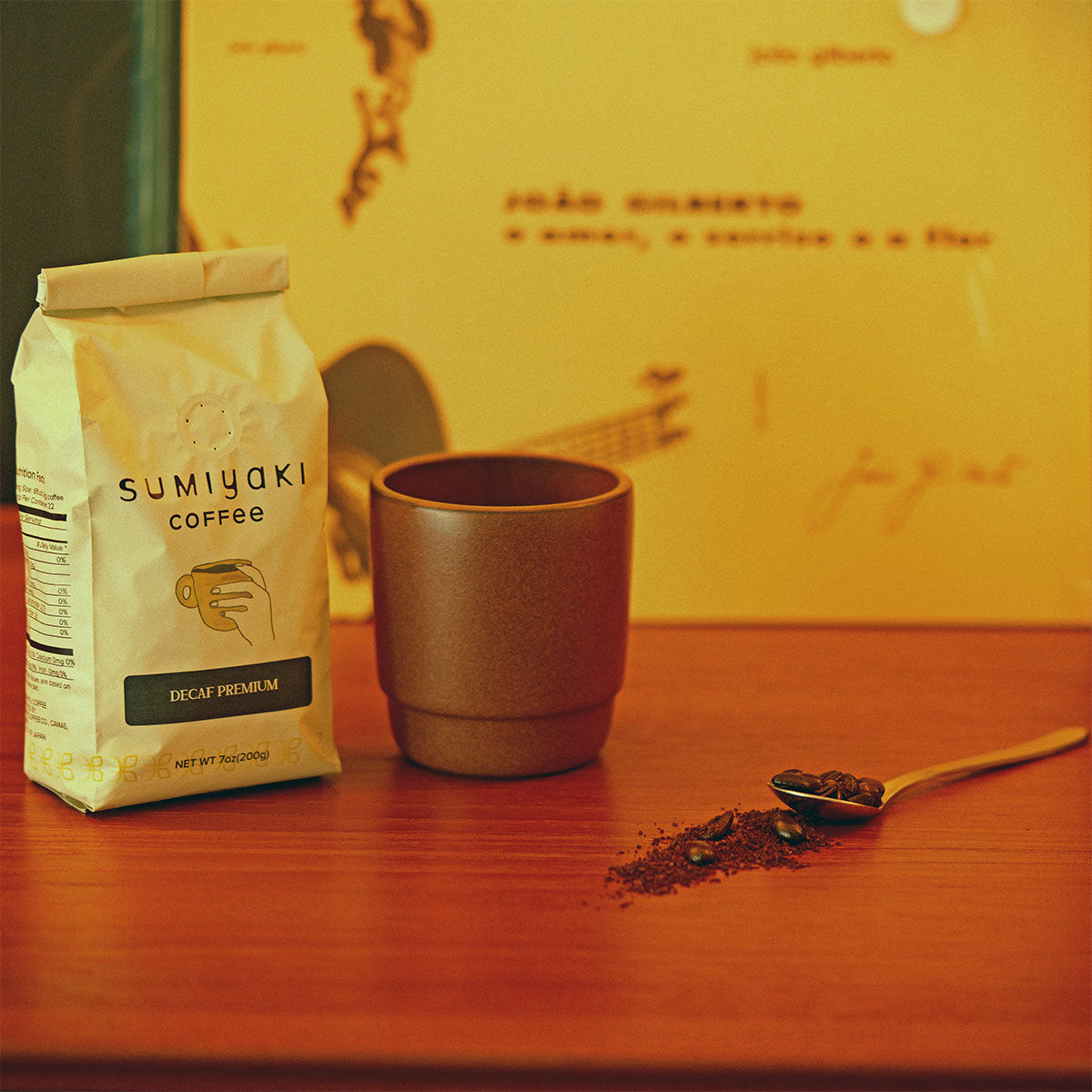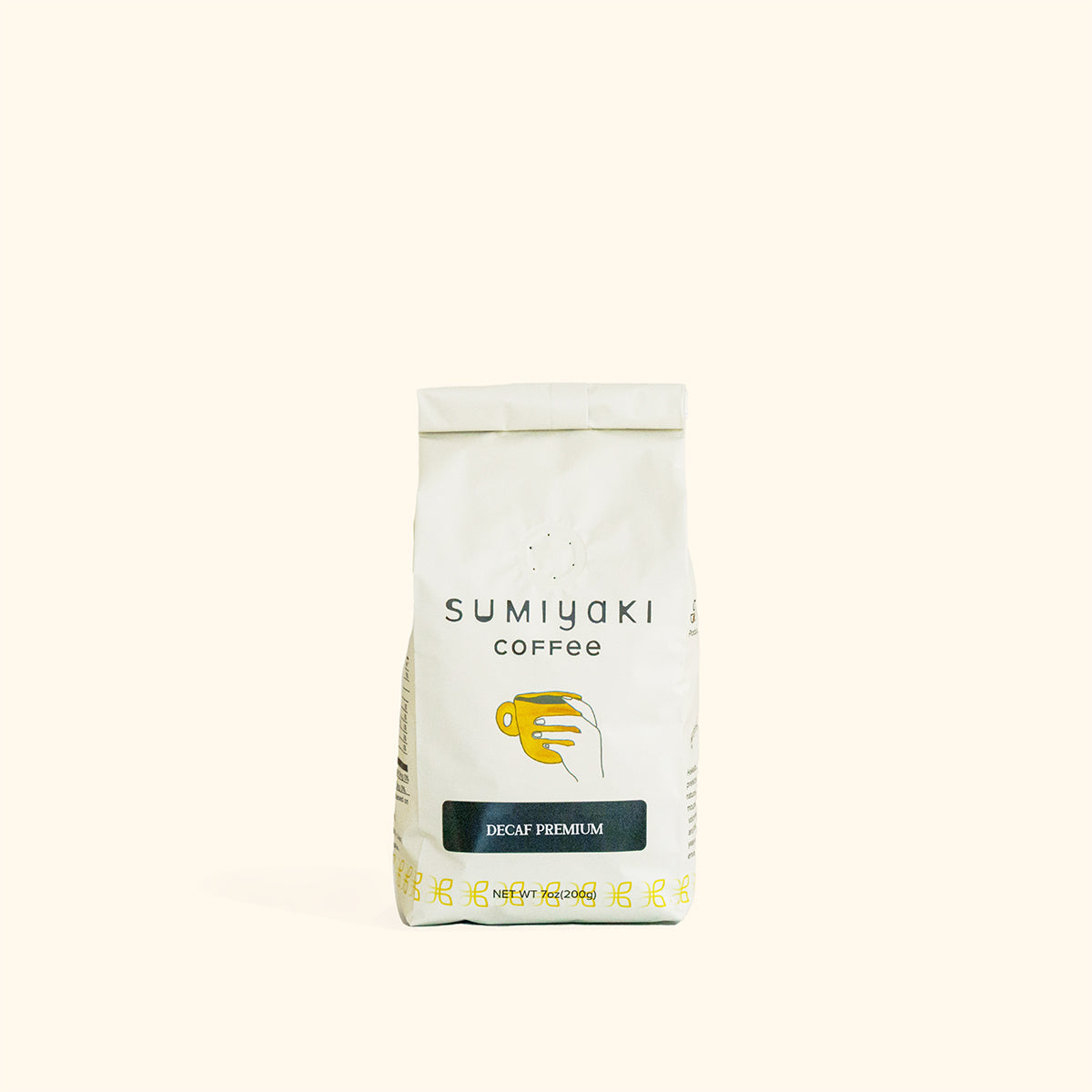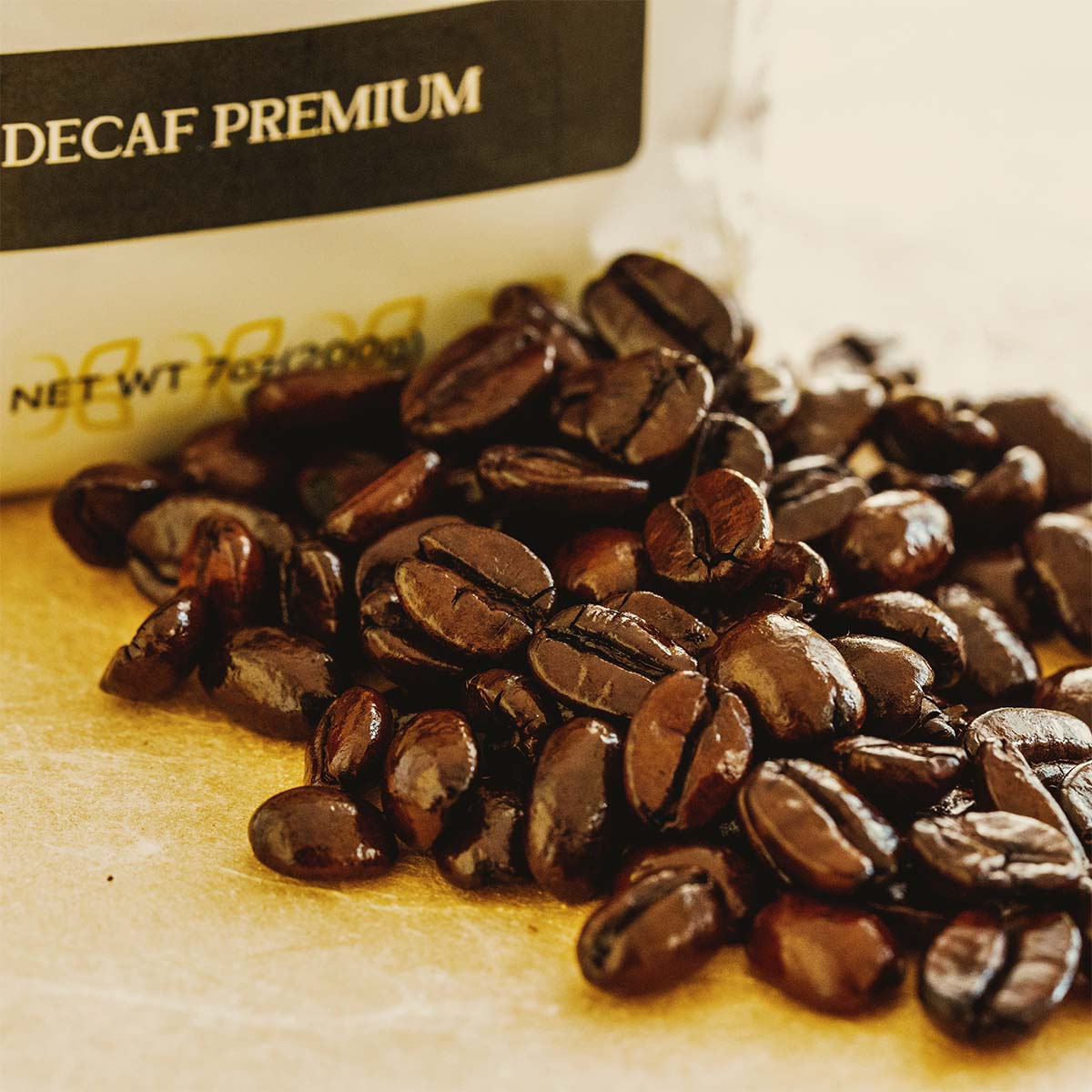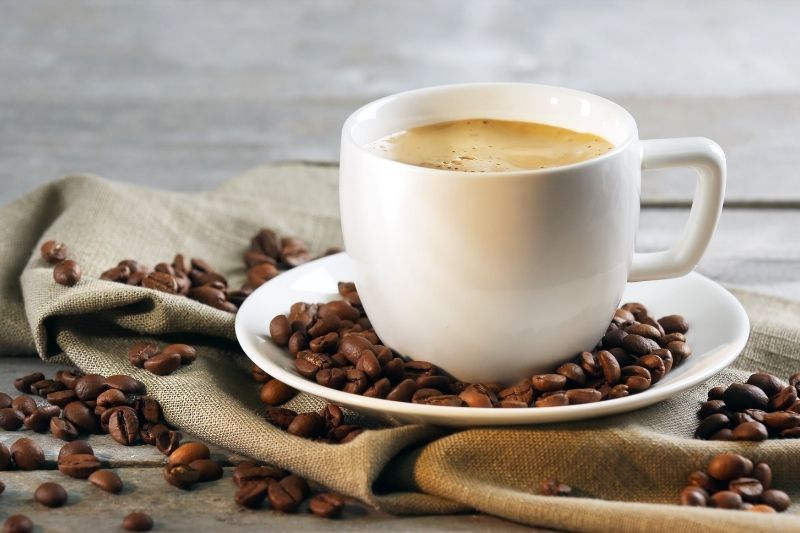There are a lot of misconceptions about decaf coffee. For instance, a lot of people think it doesn’t have any caffeine in it, which is understandable considering we see the word decaf; however, surprisingly enough, decaf does not equal to "no caffeine". Then there are others that think because it is low in caffeine, it must be low in quality. Well I have to say, on the contrary to all the above, there are a number of surprising qualities about decaf coffee: like the fact that it actually has caffeine in it! A little shocking, isn`t it!?
In this article, we will explore the 10 most surprising facts about this misunderstood beverage. Time to bust some myths!

1. Decaf Coffee Does Not Give You the Jitters Like Caffeinated Coffee
Although it may be an obvious point, this is because decaf coffee has much less caffeine content compared to regular coffee. Because caffeine is a stimulant, too much of it can lead to anxiety, restlessness, and even headaches.
2. It Won't Dehydrate You Like Caffeinated Coffee
Decaf coffee does not dehydrate you. Unlike regular coffee, which contains caffeine—a natural diuretic that can increase urine output—decaf coffee has had most of its caffeine removed. As a result, it does not have the same dehydrating effects. In fact, drinking decaf coffee can contribute to your daily fluid intake, making it a hydrating beverage choice. You can enjoy decaf coffee throughout the day without worrying about dehydration.

3. Alcohol Can Impair Your Judgement, but not if You Pair it With Decaf Coffee!
Isn't this such a surprise? Studies have shown that those who drink alcohol and decaf together have better judgement than those who drink alcohol and caffeinated coffee. If you go out for a night of drinking, make sure to drink some decaf – it can help keep your sobriety intact!
4. No Need to Worry about Overcaffeinating Yourself!
Decaf coffee has much less caffeine than regular coffee. In fact, most decaf coffees contain only 2 to 20 mg per cup, whereas regular coffee contains anywhere from 80mg to 300mg per cup, depending on the coffee bean used.

5. Not Addicting, and Tastes Amazing!
You can enjoy a flavorful cup of coffee without worrying about getting addicted, and no longer enjoying regular cups of Joe (that one is for all my fellow caffeine addicts out there!). In fact, you might even find that you enjoy decaf coffee more than regular coffee; it has a different flavor profile and can be brewed in a variety of ways.
When you are immersed in the wonderful experience brought by this cup of decaffeinated coffee, you may as well add a special sense of ritual to this comfort - customize a special coaster, especially a coaster made of PVC Patches. This coaster is not just a simple desktop item, it is more like a unique mark of your taste for life.
According to your preferences, you can print your favorite coffee bean pattern on the coaster, or print the motto that inspires you to enjoy the present and taste life, so that every time you pick up the coffee cup, you can gain a warm and firm strength; when this cup of decaffeinated coffee with a unique flavor is placed steadily on the customized coaster full of personality and emotion, you will find that coffee time can be so beautiful and unique.
6. Taste is Not Compromised
There are decaffeination processes that do not strip away all the amazing flavors and aromas of the coffee beans, and such process involves using Liquid Dicarboxylic Acid at a relatively low atmospheric pressure and temperature to remove caffeine from raw coffee beans.
The milder conditions of the process in terms of pressure and temperature help the coffee beans retain their original taste, richness, flavor, and aroma; and what is even greater - we have used this process for our very own decaf coffee beans! This is why you will never have to compromise for great taste!

7. Drinking Decaf Means Choosing a Healthy Lifestyle!
Caffeine has been linked with a number of health risks, such as high blood pressure; especially, for people whose metabolism cannot handle it. Since decaf coffee does not contain high amounts of caffeine, you can enjoy a cup without worrying about the health risks.
8. You Can Drink as Many Cups Without Risking Your Health
I know this is something coffee addicts will be relieved to know - you can drink as much cups without worrying about overcaffeination! After a while, you may even find that drinking caffeinated coffee will give you the jitters and make your heart race -- those of which are both symptoms of too much caffeine.
9. A Choice For Pregnant Women
Studies have shown that high amounts of caffeine can lead to miscarriages, birth defects, gestational diabetes, hypertension, low birth weight babies, preterm labor, an increased risk of childhood leukemia, or a low IQ in children. Because of its low caffeine content, decaf coffee offers a choice for pregnant women to enjoy coffee.
10. Helps Regulate Blood Sugar Levels and Reduces Risk For Type II Diabetes
In fact, one study showed that those who consumed decaf coffee on a regular basis were 67% less likely to develop type II diabetes than those who didn’t drink any coffee at all. This is because caffeine can increase blood sugar levels, but because decaf coffee doesn’t contain as much caffeine, it will not have this effect.

Final Thoughts
Decaf coffee is a staple for many people with certain medical conditions; however, it is also a delicious choice for anybody, and it is packed with surprising benefits. If you're considering decaffeinated coffee as an alternative to your regular cup of joe, or if you want to find out more about the amazing things that make this drink special, then check out this article!
We hope we have convinced you enough to give decaf coffee a try—or at least made you curious enough to learn more about what makes it such a great beverage.
Get Free Bonus Books

Sign up for free to the Coffee Club to get advice and exclusive articles about how to choose Japanese Coffee, and tips, tricks, and recipes for enjoying Japanese coffee.
About the author
Kei Nishida
Author, CEO Dream of Japan
Certification: PMP, BS in Computer Science
Education: Western Washington University
Kei Nishida is a passionate Japanese tea and coffee connoisseur, writer, and the founder and CEO of Japanese Coffee Co. and Japanese Green Tea Co., both part of Dream of Japan.
His journey began with a mission to introduce the world to the unparalleled quality of Japanese green tea. Through Japanese Green Tea Co., he established the only company that sources premium tea grown in nutrient-rich sugarcane soil—an innovation that led to multiple Global Tea Champion awards.
Building on this success and his passion for Japanese craftsmanship, Kei expanded into the world of coffee, pioneering the launch of Japanese Coffee Co., the first company to bring Sumiyaki charcoal-roasted coffee to a global audience. His dedication to authenticity and quality ensures that this traditional Japanese roasting method, once a well-kept secret, is now enjoyed worldwide.
Beyond tea and coffee, Kei has also introduced Japan’s legendary craftsmanship to the world through Japanese Knife Co., making handmade katana-style knives—crafted by a renowned katana maker—available outside Japan for the first time.
Kei’s journey continues as he seeks out and shares the hidden treasures of Japan, one cup and one blade at a time.
Learn more about Kei















Uh, folks
Coffee was never suppose to turn into an addiction
Like alcohol, tobacco and gambling lol
Like my grandma said: Everything in moderation
I definitely do get dehydrated from caffeinated coffee far more than I do with decaf.. I do a lot of walking (5 miles per day at least).. part of my walk is always stopping at a coffee shop.. the days I get decaf espresso shots instead of regular (one coffee shop I hit doesnt have decaf).. but I definitely notice a difference..
Regular caffeinated coffee is indeed a diuretic, however, it does not dehydrate you. Research shows the liquid to diuretic effect of caffeine, still leaves you at a net positive hydration level. Still, great article!